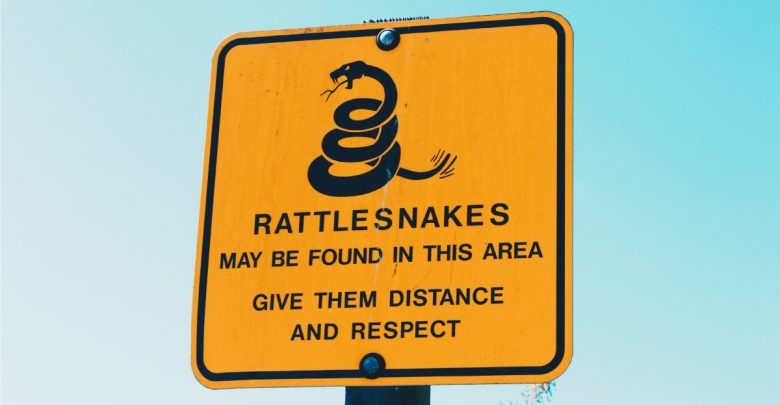Search Results for: Nerjus Miginis
-
Why did I choose this tool? Recognizing your own emotions is a professional challenge. It is easy to recognize your repeated behaviours: you notice yourself or your colleagues are feed-backing about it. But it is essential to take the next step and understand were these behaviours are coming from, what emotions are causing it and what issues are we suppressing…
Read More » -
Why did I choose this tool? This tool will help you to understand the basic elements of trainers’ professional boundaries and help you to make personal guidelines on how to deal with different situations with participants. The professional boundaries are helpful to avoid over involvement and burn out. How does this apply to being a trainer? Professional boundaries help you…
Read More » -
Why did I choose this tool? Professional boundaries are an internal compass which helps to understand how to behave in difficult training situation or individual interventions with participants. This tool will provide practical hints and recommendations on how to develop professional boundaries with a group of participants and how the team of trainers can help each other. How does this…
Read More » -
Why did I choose this tool? These principles are the core of youth work and non-formal education. It is essential to know and follow them. These principles are like an inner compass which helps the trainer to navigate in decision making, while designing education programs, creating methods, building relationships with participants and finding common grounds with colleague trainers. How does…
Read More » -
“Relationship is the “medium” of learning. Relationships are made of interactions, based on verbal and non-verbal communication. There is no doubt that communication is namely the basis for creating and maintaining relationships. In general, it is not possible to make any stable contact with learner and its environment without the ability to interact.” – Andrea Mewaldt This method will help…
Read More » -
Why did I choose this tool? This method will allow the trainer to analyse the emotions of others and himself. Also it will widen the vocabulary of emotions that the trainer is using. How does this apply to being a trainer? Working in training programs which are based on group processes, self-analysis and analysis of difficult cases, for example: EVS…
Read More » -
While training young people, youth workers and other target groups we follow a set of universal values like honesty and respect. These values are the basis of humanistic pedagogy, non-formal education. Empathy is an ability and skill which allows us to be honest and respectful in educational relationships. Often the words of ‘empathy, honesty and respect’ are used as slogans,…
Read More »






